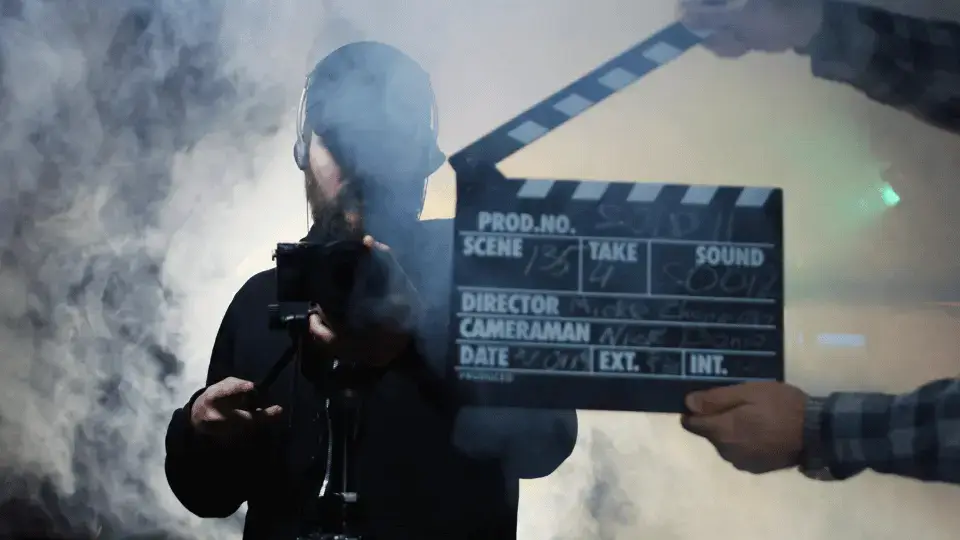Knowing how to conduct interviews is a fundamental skill for journalists across all media platforms. Effective interview techniques are essential for gathering accurate information, uncovering compelling stories, and engaging with sources in a professional and ethical manner. In the fast-paced world of journalism, honing your interviewing skills can set you apart as a top-notch journalist. Let’s delve into some key interview techniques that can elevate your journalism game.
Preparation is Key
Before conducting an interview, thorough preparation is essential. Research your interviewee and familiarize yourself with their background, expertise, and previous statements. Understanding the context in which the interviewee operates can help you ask informed and relevant questions.
Crafting Thoughtful Questions
Develop a list of open-ended questions that encourage detailed responses. Avoid yes or no questions, as they limit the depth of the conversation. Thoughtful questions can prompt interviewees to share valuable insights and perspectives.
Active Listening
During the interview, focus on active listening. Give your full attention to the interviewee, maintain eye contact, and show genuine interest in their responses. Listening attentively can lead to follow-up questions that delve deeper into the subject matter.
Building Rapport
Establishing a rapport with your interviewee can create a more relaxed and open atmosphere. Start the interview with casual conversation to build a connection before diving into more serious topics. Building rapport can lead to more candid and insightful responses.
Respecting Boundaries
It’s crucial to respect the boundaries set by your interviewee. Avoid asking overly personal or intrusive questions that may make the interviewee uncomfortable. Maintain a professional demeanor and be mindful of sensitive topics.
Adapting to Different Interview Styles
Different interviewees may respond better to varying interview styles. Some may prefer a structured Q&A format, while others may thrive in a more conversational setting. Adapting your approach to suit the interviewee’s style can lead to more productive interviews.
Handling Difficult Situations
In journalism, you may encounter challenging interview situations. Remain calm, composed, and respectful, even in the face of hostility or evasiveness. Stay focused on your objective of gathering information while navigating difficult conversations tactfully.
Using Probing Techniques
Probing techniques involve asking follow-up questions to delve deeper into a topic. Probing can uncover additional details, clarify ambiguous points, and elicit more comprehensive responses from the interviewee. Mastering probing techniques can enrich your interviews.
Taking Accurate Notes
During the interview, take detailed and accurate notes to capture key points, quotes, and insights. Effective note-taking ensures that you have a record of the conversation for reference when writing your story. Organize your notes in a structured manner to facilitate later analysis.
Follow-Up and Thank You
After the interview, follow up with a thank-you note to express appreciation for the interviewee’s time and insights. Following up can also clarify any points discussed during the interview and maintain a positive relationship with your sources.
Conclusion
By incorporating these interview techniques into your journalistic practice, you can conduct more engaging, informative, and impactful interviews that enrich your storytelling and reporting. Elevating your interviewing skills can open doors to new opportunities, deepen your understanding of complex issues, and establish you as a trusted and respected journalist in the field.
Key Takeaways:
- Strong preparation leads to more focused and relevant interviews.
- Asking open-ended questions encourages detailed, thoughtful answers.
- Active listening helps uncover deeper insights and follow-up opportunities.
- Creating a comfortable atmosphere builds trust and openness.
- Respecting personal boundaries keeps the interview professional.
- Adapting your style to the interviewee improves communication.
- Staying calm during challenges ensures control and credibility.
- Follow-up questions deepen understanding and clarify key points.
- Clear, organized notes support accurate and effective reporting.
- A polite follow-up strengthens relationships with sources.
To further enhance your skills and excel in journalism, consider exploring the NYU | Modern Journalism online course and certificate program offered by Yellowbrick. This program can provide valuable insights and training to support your growth as a skilled journalist in today’s dynamic media landscape.








